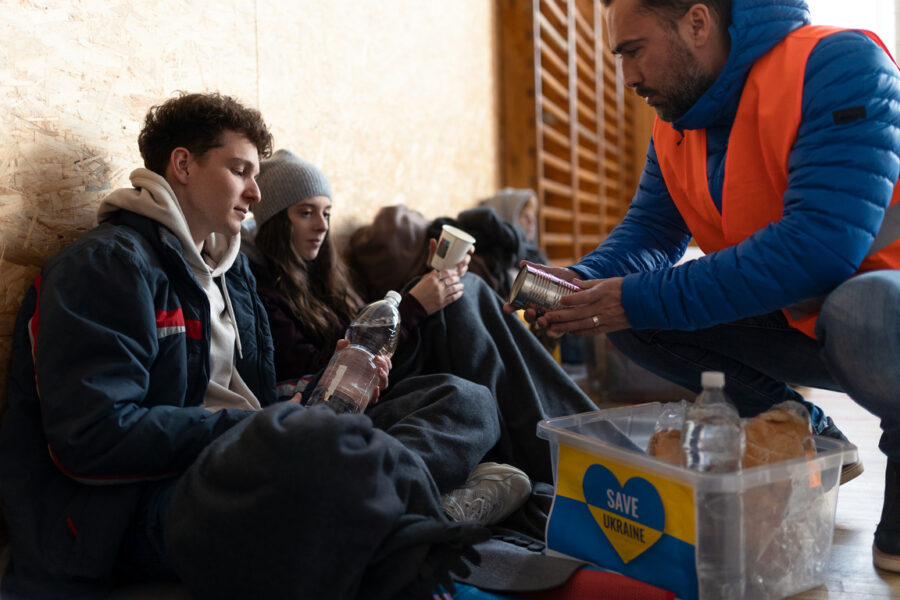
The 20s are very interesting period for young adults. They are just stepping into the world of grownups, but they are still not fully mature. They are still searching their dreams, considering their next moves and looking for romantic hook-ups. Most young people in their 20s are still not ready to get too attached to someone. According to FuckMeets.com, this is the period when they are experimenting in their love lives and trying to meet as many people as possible. However, not all young adults in their 20s are successful in meeting others. Some are insecure, others are shy and some just lack confidence to approach someone and ask them to go on a date. Luckily, today there are plenty of hookup apps online that can help them hook up with someone.
How Hookup Apps Changed Dating Game for Youngsters
There are many reasons why people in their 20s are using hookup apps. Primarily, they feel more comfortable when meeting someone on a hookup app rather than in person. With hookup apps they can break the ice more easily and get to know the other person better before meeting him or her in person. That removes the awkwardness of meeting someone for the first time in public. It also increases their confidence and makes them feel better about themselves.
Another reason why youngsters use apps is because all young people are attached to their smartphones, tablets and laptops. Modern times require using modern technology and pretty much all young adults own some gadget. They are constantly accessing apps online and find hookup apps very attractive to use. Hookup apps give them opportunity to search for local people, people of their own age, people with certain interests, which narrows down their choices and options.
Hookup apps are also loved by young people because they are not required to go out in pubs, bars, discos or attend social events to meet someone. Hookup apps save them time, energy and money when they look for someone. This significantly helps them as they conserve their energy and money for when they actually meet someone through the app and go on a real date.
There is no denying that hookup apps changed the way people interact with each other and go on dates. The entire process is quicker today than it was in the past. People in their 20s are simply adapting to the new modern times and take advantage of what is on offer. Same with people in their 40s and 50s. According to Milfs Local, both teens and matures love hookup apps. All in all, hookup apps are ideal for exploring different persons, seeing how they look and learning more about them before meeting them in person.





